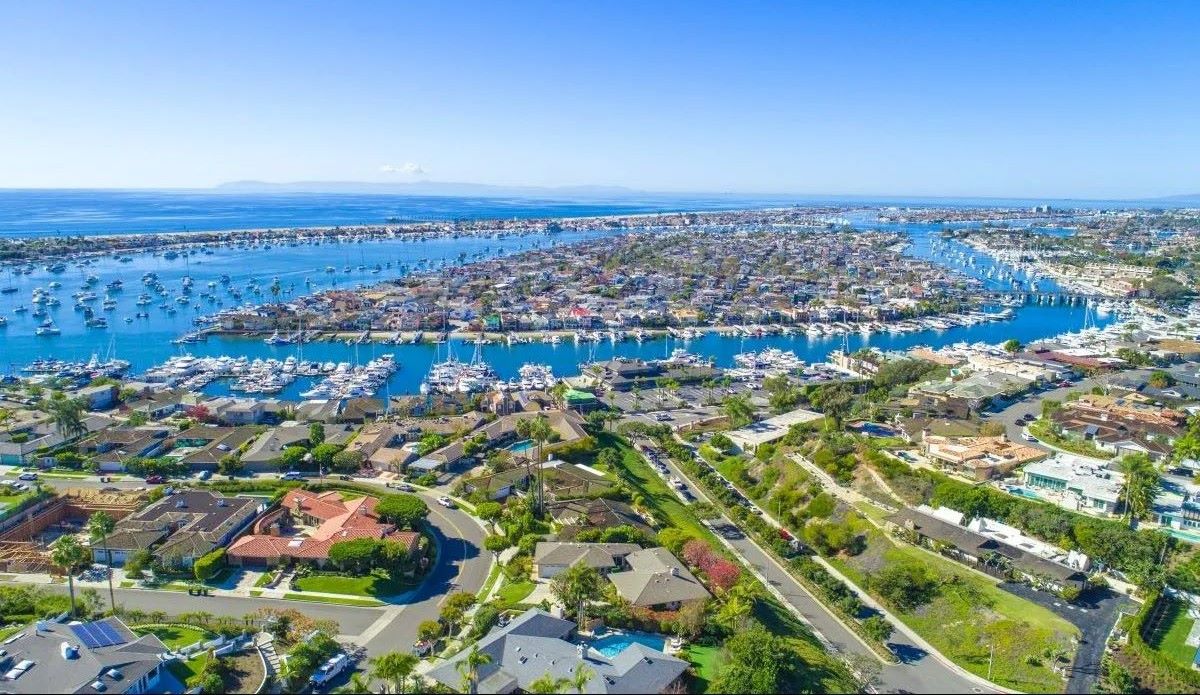The state of Montana may not be a key source of business for the reverse mortgage industry, but that doesn’t negate the reality that seniors who reside there might find the product useful for reaching some kind of financial goal.
That can be a challenge if they live in an unusual or uniquely constructed home, or if they live on a vast stretch of land with few neighbors. This is according to two area reverse mortgage professionals who sat down to discuss the business there with HousingWire’s Reverse Mortgage Daily (RMD).
Curt Larson, a reverse mortgage industry veteran with VIP Mortgage, and Kelly DeWolf of Mutual of Omaha Mortgage, each have roots in the state, with both men having left Montana earlier in their lives before returning.
Varying property types
Larson grew up in Big Sandy, a small town north of Great Falls. He joined the mortgage industry in 1990 and transitioned to the reverse channel in 2002. He lived in different states over the years but returned to Montana with his family in 2020. Each locality has its own issues in originating reverse mortgages, and Montana is no different.
“Montana, unlike much more populated areas such as Phoenix and Los Angeles, never had production housing,” Larson explained. “Those places had subdivisions back in the ’30s and ’40s with production houses on 500 lots, each 7,500 square feet with two models. Montana never had the population, market or labor force for that. Here, everything is custom-built or manufactured homes, or log cabins built by individuals.”
That leads to some challenges in the reverse mortgage space, because many of the properties that borrowers may seek out loans for are very different.
“You might have a single-family house on 25 acres, which is highly unusual in other markets,” he said. “Getting comparables or appraisals for these properties can be a challenge. Here, appraisers are adept at pulling out similar values, but it can be tough. There are log homes, manufactured homes and custom stick-built houses, all varying in value.”
Persistent challenges
DeWolf, a fifth-generation Montanan, said he’s found doing reverse mortgages in the state to be more challenging than in other parts of the country.
“In California, you basically deal with tract homes, so comparables are fairly easy to come up with, and you don’t run into many unique situations,” he said. “Montana is the complete reverse. Historically, most homes in Montana were custom-built.”
Population centers like Bozeman and Billings may have more tract homes, but that is a relatively recent development, DeWolf explained. A burgeoning challenge relates to manufactured housing.
“Many people buy manufactured homes, put them on a foundation, but never de-title them,” he said. “Montana automatically declares these as real property once they are permanently affixed, but the government requires the de-titling paperwork. This can be complicated when ownership changes, especially if the previous owner is deceased.”
Home values and vast acreage
Home values can also vary wildly. Montana is a popular getaway destination, so there are dollar amounts to be found across the spectrum.
“I live in an area where the median home price is $2.4 million — it’s a resort area with many expensive properties,” Larson said. “There’s a wide gamut, and you might get a call for a reverse mortgage in a town of 700 people where they have to go to a 100-mile radius for comps. The main challenge is the diversity in property types and values.”
Acreage is also a common issue for DeWolf, particularly in instances where state rules may conflict with Federal Housing Administration (FHA) rules.
“FHA has a max of 50 acres, but Montana’s ‘mini-ranch’ rule kicks in for larger properties, requiring a mortgage instead of a deed of trust, which FHA doesn’t acknowledge,” he said. “You also get a lot of spec homes on dirt roads with private road easements and no recorded road agreement, which can create issues.”
Like Larson, DeWolf runs into challenges with finding comparables in rural parts of the state. Other properties may have wells with a high mineral content, which necessitates water testing.
“Montana’s popularity has increased, partly due to shows like ‘Yellowstone,’ leading to more custom and off-grid homes,” he explained. “These properties present unique challenges, but my long experience in the business helps navigate these curveballs.”
Product types
Larson said that while home values can reach into multimillion dollar ranges, he has found the core Home Equity Conversion Mortgage (HECM) offering to be sufficient, especially under the 2024 HECM limit.
“Montana, with a population of around a million, hasn’t seen huge increases in rural community values,” he said. “However, popular areas like Bozeman, Missoula and Whitefish, with their recreational areas, ski resorts, lakes and rivers, have attracted many people.”
While Larson is exploring leads for proprietary products, most of the business he has conducted is focused on the HECM product, he said. But Larson and DeWolf both see a lot of potential in HECM for Purchase (H4P), they explained.
“I definitely agree it’s a product that should have a lot more upside,” DeWolf said. “I just haven’t figured out how to create the momentum. I know how to get the excitement, but I don’t know how to keep people thinking about it.
“The real estate community is now seeing more younger agents as the older ones retire. The younger agents are great — they’re go-getters and hard workers — but I’m not sure if they connect with the older clients as well.”












 English (US) ·
English (US) ·